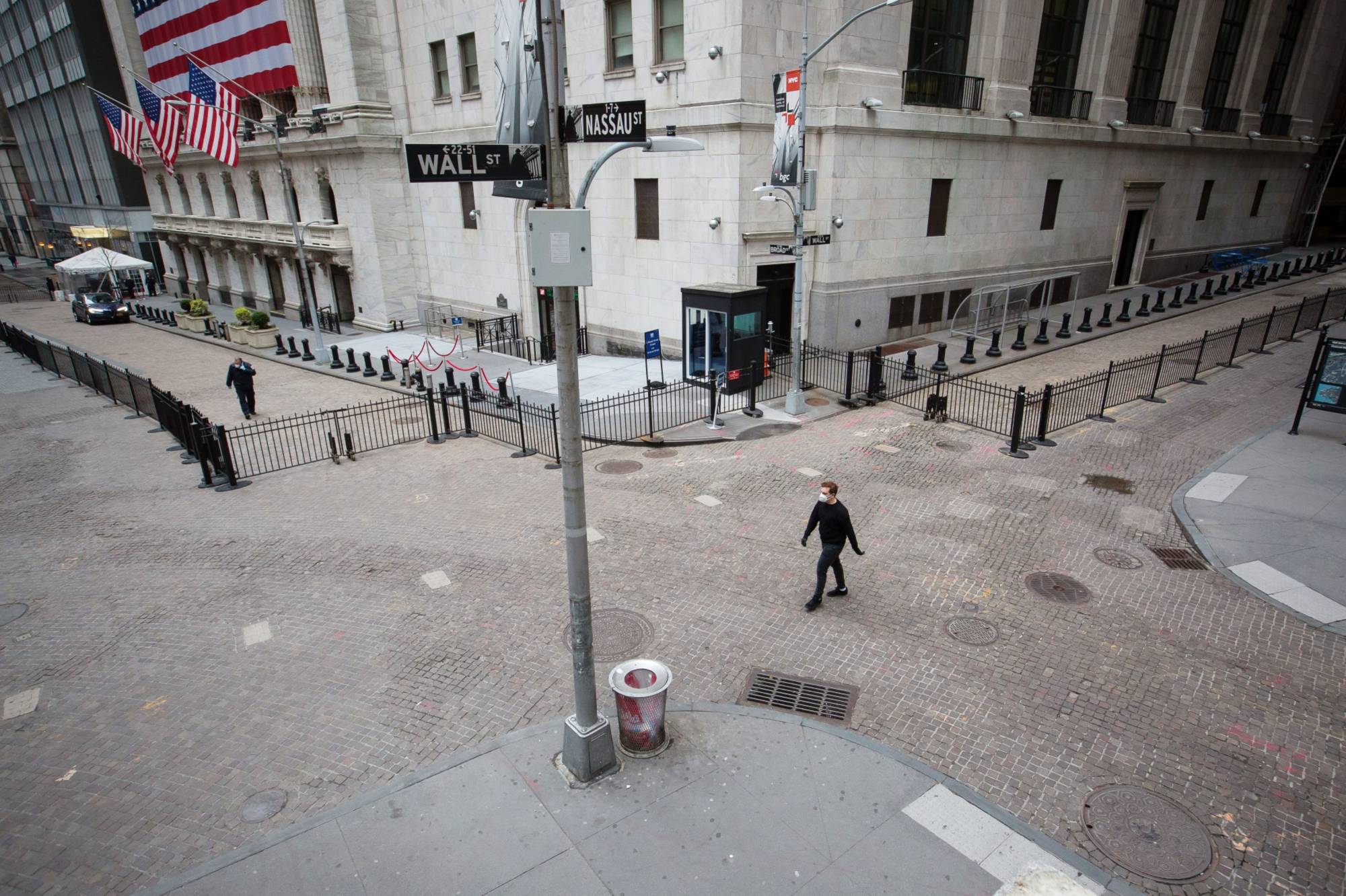The worst recession since the Great Depression is prompting indebted companies to default, and increasingly more will do so in a way that’s harder for investors to detect.
Rating firms predict that more companies will pursue distressed debt exchanges, in which they try to overcome liquidity problems by swapping debt or buying it back at steep discounts. Such moves are less stark than missed payments and can fly under the radar for the general investing public, but often result in losses for creditors and are usually counted as defaults by rating companies.
Moody’s Investors Service forecasts an increase in the overall number of distressed exchanges amid the economic downturn stemming from the coronavirus pandemic and low oil prices. Fitch Ratings said the "price dislocation” in high-yield bond markets could lead to a surge in the practice. There have already been a handful of them this year, including Indonesian coal firm Geo Energy Resources Ltd. and Chinese business park developer Yida China Holdings Ltd.


















With your current subscription plan you can comment on stories. However, before writing your first comment, please create a display name in the Profile section of your subscriber account page.